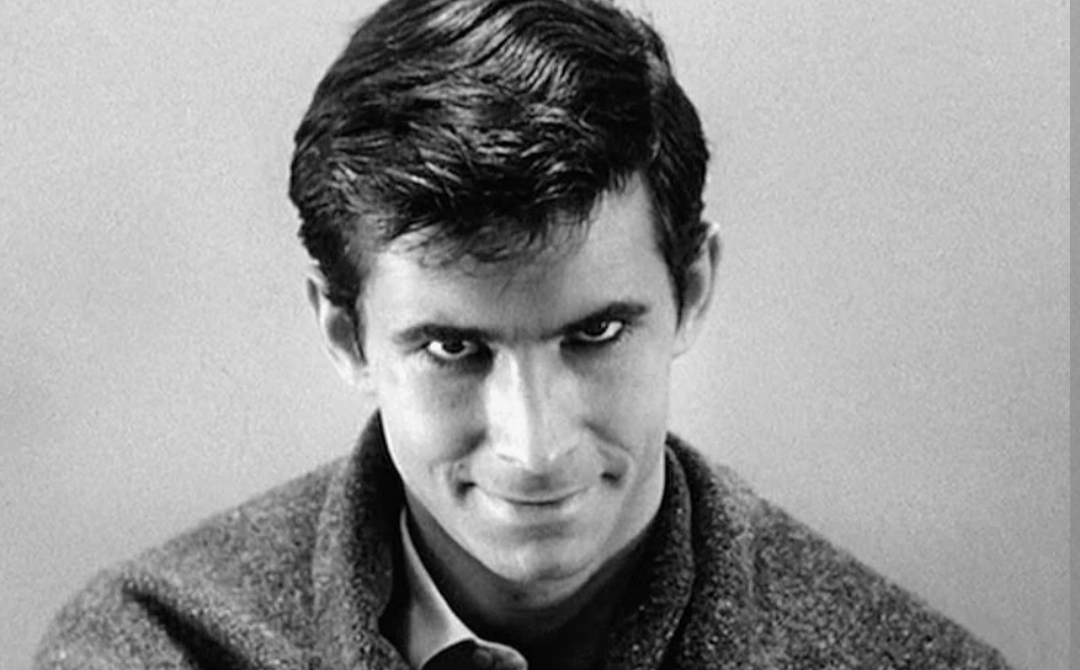In the realm of psychological thrillers and horror fiction, few characters have left as indelible a mark as Norman Bates. Created by American author Robert Bloch in his 1959 novel “Psycho,” Norman Bates became an iconic figure through Alfred Hitchcock’s 1960 film adaptation. This blog post delves into the intricate layers of Norman Bates, exploring his characteristics, significance, inspirations, and various portrayals across different mediums.
Characteristics of Norman Bates
Norman Bates is a complex character, serving as both the protagonist and antagonist in the “Psycho” narrative. His internal struggles are highlighted by an alter ego named “Mother,” an entity that takes control of Norman’s life, stemming from a tumultuous relationship with his abusive mother. The Bates Motel, a central setting in the story, adds to the eerie atmosphere surrounding Norman.
First Appearance:
Norman Bates made his debut in Bloch’s “Psycho,” a novel that captivated readers with its suspenseful plot and psychological depth. Hitchcock’s film adaptation further solidified Norman’s presence in popular culture and set new standards for horror cinema.
Last Appearance:
While Norman’s journey seemingly concluded in “Psycho,” Bloch revisited the character in the sequel novel, “Psycho: Sanitarium.” This continuation provided additional insights into Norman’s life, adding layers to his already intricate persona.
Significance:
Norman Bates stands as a seminal figure in the horror genre, with his story adapted numerous times for film and television. Hitchcock’s 1960 adaptation and the more recent “Bates Motel” TV series, produced by Dan Carlin, showcase the enduring appeal of Norman’s character.
Inspiration:
Speculation surrounds the inspiration behind Norman Bates, with strong connections drawn to real-life events. The Wisconsin murderer Ed Gein, notorious for his crimes and psychological profile, is believed to have influenced Bloch’s creation of Norman. The parallels between Gein’s deeds and Bates’s character add a chilling layer to the narrative.
Portrayals:
Over the years, various actors have brought Norman Bates to life on screen. Anthony Perkins’ portrayal in Hitchcock’s film remains iconic, while Vince Vaughn took on the role in the 1998 adaptation. More recently, Freddie Highmore delivered a compelling performance as a young Norman in the “Bates Motel” television series.
A Troubled Past: The Roots of Norman’s Psychosis
Norman’s troubled personality stems from a childhood marked by emotional abuse and manipulation by his domineering mother, Norma. Her possessiveness and controlling nature instilled in him an unhealthy attachment and a warped sense of reality. This, coupled with possible undiagnosed mental illnesses like schizophrenia and dissociative identity disorder (DID), created a volatile mix within him.
Duality and Deception: The Masks of Norman Bates
Norman’s internal conflict manifests in his split personality. He presents a polite and reserved facade to the world, masking a dark and violent side influenced by his deceased mother, whom he continues to “communicate” with. This internal struggle is symbolized by the Bates Motel, where the seemingly quaint exterior hides sinister secrets.
The Infamous Shower Scene: A Turning Point in Cinema
The infamous shower scene in “Psycho” remains a chilling cinematic moment, forever etched in pop culture. It transcends mere violence, showcasing the raw terror of Norman’s fractured psyche and the unpredictable nature of evil. The scene’s impact lies not just in its brutality but also in its subversion of expectations, leaving audiences questioning reality and the characters’ true motives.
Beyond the Motel: Norman’s Legacy
Norman Bates’ character has transcended the confines of “Psycho” and entered the public consciousness as a symbol of psychological disturbance and the potential for darkness within seemingly ordinary individuals. He has been analyzed and reinterpreted in countless literary and cinematic works, sparking discussions about mental illness, societal pressures, and the nature of good and evil.
Understanding, Not Excusing: A Look Beyond the Monster
It’s crucial to remember that Norman Bates is not simply a “monster.” While his actions are horrific, understanding the complex interplay of his upbringing, mental state, and the manipulative influence of his mother provides context without excusing his crimes. He serves as a cautionary tale, highlighting the devastating consequences of unchecked mental illness and the importance of seeking help.

